The term ‘hunting’ refers to the action or game of hunting wild animals, birds primarily with the intent to kill and catch. Hence, you can not do hunting physically without the aid of a hunting firearm. Therefore, if you are to go hunting, you should know about the selection of a hunting gun and what should you check before choosing a hunting firearm.
Choosing a hunting gun is essential for a successful hunt and for winning the battleground. An ideal hunting rifle may be a matter of accuracy, reliability, and design with the barrel. We will discuss some matters that concern a hunter before he or she can purchase one.
Why Choosing The Right Hunting Firearm Is Important?
When selecting a hunting firearm, it’s important to consider safety features, protection abilities, accuracy, comfort, and aesthetics influenced by design and ruggedness.
Choosing the right hunting firearm is not as easy or as challenging. However, the right choice can make your experience successful and enjoyable.
- Ensuring safety and precaution.
- Although your shooting ability with a firearm is also affected, the impact of choosing the right weapon is quite different: you may make an accurate shot, but its range will be smaller.
- The best fit allows the shooter to become comfortable aiming and win at shooting.
- Control the ammunition, which a gun discharges, and shooting the animal may and does influence the abilities of the hunting game.
- In this respect, no one knows how familiar people should be with legal demands and regulations.
- There are several factors to consider, including the kind of game you want to hunt and what exactly one is looking for in such a hunting firearm.
Furthermore, regulation on safety issues is also of significant importance when working with the shooting implement for actual hunting.
Different Types Of Hunting Firearms
There are many firearms that hunters use for hunting. The most common types of firearms for hunting are rifles, shotguns, and handguns.
Rifles
Rifles are the most popular type of hunting firearm. They are good for targeting the far distanced games and are ideal for hunting big game such as deer, elk, and moose. Rifles are long guns and are available in a number of varieties, including bolt-action, semi-automatic, and lever-action.
Bolt-action rifles are operated manually, these require the shooter to cycle the bolt after each shot. Rifle guns are known for accuracy in hunting and long-range shooting. Semi-automatic rifles fire multiple rounds with one trigger pull and are for target shooting and self-defense. A lever that cycles the ammunition and is often used for hunting-operated lever-action rifles.
Shotguns
Shotguns are another popular hunting firearm. They are perfect for hunting birds, rabbits, and other small games. They are also ideal for hunting in thick cover. Hunters shoot birds or small game with the Shotgun. It’s either multiple pellets or a single slug. You can find several types in it, including pump action, semi-automatic, and double barrel.
To operate a pump-action rifle, the shooter needs to cycle it manually. Semi-automatic shotguns can fire multiple rounds with a single trigger pull and are used by hunters for hunting and self-defense. Double barrel rifles have two barrels and can fire two shots before being reloaded. Hunters and sport shooters commonly use it in hunting and sport shooting.
Handguns
Handguns are ideal for hunting in challenging spots such as blinds and tree stands, even for rare targets like rabbits, deer, and other small games. Handguns are hunting rifles and are designed to fire with one hand. There are basically two types of handguns, namely rifles and pistols.
The gun has an ammunition chamber and is semi-automatic. A revolver has multiple chambers that rotate to bring extra bullets into the shooting range. The guns have a reputation for being reliable and simple, although reloading them is typically slow.
A hunter needs to know the requirement, the caliber, and what to check for hunting firearm, the level of firepower, firepower level, firearm action, legal requirements and regulations, accuracy and range, comfort and fit, optics and sights, firearm cost and budget, experts advice, and safety precautions and maintenance.
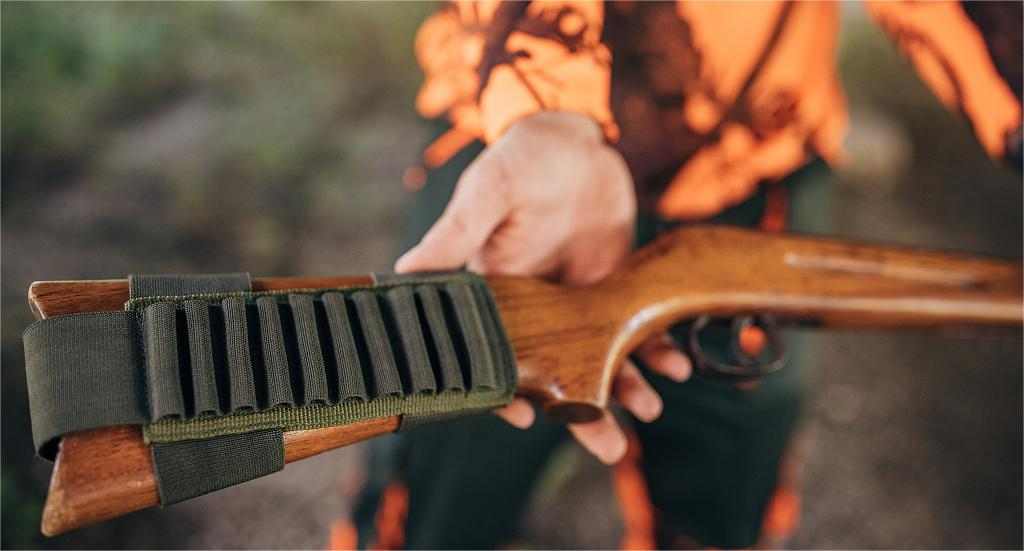
What To Check Before Choosing A Hunting Firearm?
A practical choice of a hunting firearm needs to comply with a few legal requirements as caliber, gauge, or the amount of energy generated by the projectile. Your hunting firearm should be powerful enough to kill the game.
The type of ammunition that you use in your hunting expedition is always on the variety of game. Each manufacturer usually recommends a particular kind of ammunition for each animal hunt.
Here we have jotted down some essentials to read before selecting a hunting firearm
1. Your Hunting Needs
The very first thing while you are looking for a hunting firearm is your hunting needs. Think before that what type of game you are hunting for, the terrain, and the distance of your shots. These are all essential things you need to note down first before choosing a firearm.
2. Understanding Your Target Game
The first thing is to know the game you’re hunting. A successful job requires the right tools. Game animals vary in size, habits, strengths, and vulnerabilities. Your Hunting firearm choice should align with your target.
3. Caliber & Firearm Type
These include the status of the bullet and its core. The caliber is a bullet diameter size. In the case of a hunting firearm type, this is known as the type of firearm you will be using. For instance, a rifle can be described as a long gun that is used to shoot one bullet meanwhile, the shotgun shoots many pellets.
4. Firepower Level
Another level of firepower has to be also taken into account. Firepower level is defined as the amount of energy that a firearm delivers to an object. A high firepower rating implies that the firearm has more significant kinetic potential to be delivered on a target, which might be an asset when pursuing a big game.
5. Firearm Action
Reaction from firearms is another significant consideration. The gun action is the bed equivalent, which shows how the gun loads and ejects cartridges. The common types of firearms action include; bolt actions, lever-action pump, and semi-automatic.
6. Legal Requirements & Regulations
Knowledge of the country’s basic laws on hunting is also necessary because they vary from one state to another. Regard the legislation that applies to your state to understand the parameters of choosing a weapon considering caliber and power. Be aware of making accurate decisions when venturing into hunting zones.
7. Optimizing Accuracy and Range
Considering the issue of accuracy and distance intercepting capability for a hunting gun. When you choose a rifle for hunting that has the capability of longer distance and hit, you will improve your prey success rate. These are factors that can be considered since hunting has really grown into a preference not just for survival but also for fun.
8. Comfort and Fit
Comfort and fit have become fundamental aspects of finding a hunting gun because of the total choices. If you intend to grab a weapon before it can be fired, then its comfort should come first. Both a comfortable and accurately fitted stock makes for a more accurate shooting experience.
9. Optics & Sights
The main tools of high accuracy include the optics and sights. Varieties such as arrangement sights, red point horde, and iron sight improve viability. Become knowledgeable with these accessories to have an idea of what will work best for your shooting needs, thus making sure that you achieve a great shooting experience.
10. Firearm Cost and Budget
A hunting Firearm cost is also an important matter to think about. Firearms can range in price from a few hundred dollars to thousands of dollars. It is important to set a budget and stick to it when choosing a firearm for hunting.
11. Experts Advice
It is always helpful to consult with experts when selecting a hunting firearm. Their intuition and learning, With plentiful experience, provide personalized counsel framing factors with game type, terrain, and preference. Their knowledge is a prerequisite for the perfect fit of your weapon with respect to which you have come up, with confidence, it guarantees rapid success.
12. Safety Precautions & Maintenance
Safety precautions and maintenance are important factors to consider when choosing a firearm for hunting. It is essential to follow safety precautions and maintain your firearm properly to ensure that it is safe and reliable.
Final Thought
Finding your ideal hunting firearm is a call the shot. Don’t worry about searching for a gun for your hunt. Choose the one that could fit you now, knowing there is a long way to go before finally selecting the “The best hunting firearm”.
However, the right decision makes your experience rewarding –enriching it and giving a positive outcome. Go through the factors that you should check when choosing a hunting firearm, such as requirements, quality, gun characteristics and features, firepower, legal issues, accuracy, level of comfort in use or shooting, optics used, the price tag attached to the purchase, and safety. Each decision affects your trip. Opt for professional consultation, but foremost consider safety in availing of a pleasant experience.
Look around, make your stand, and go into the field to hunt great game!


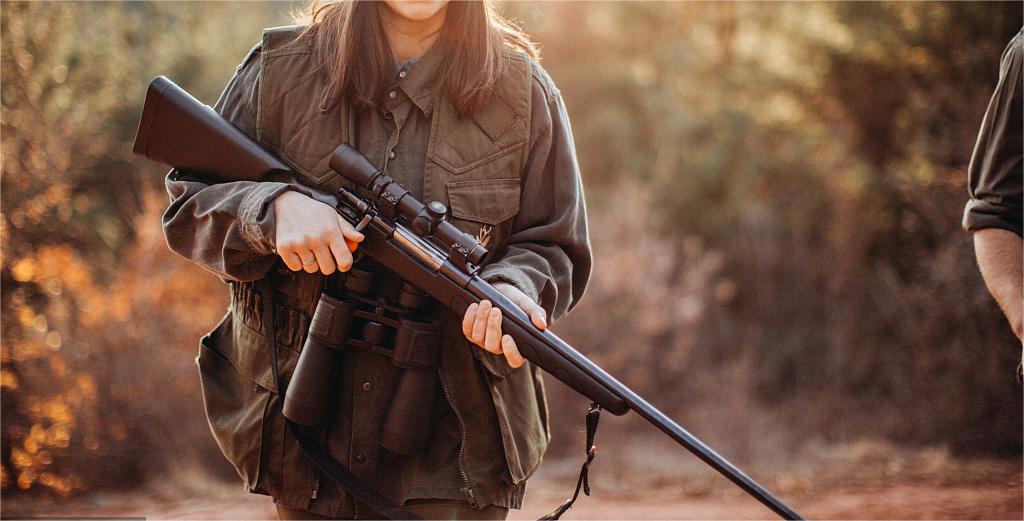
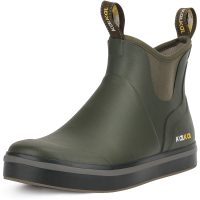

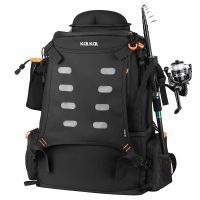
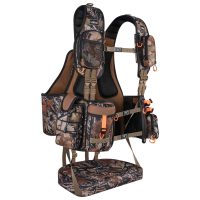
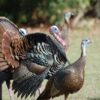

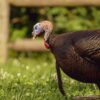


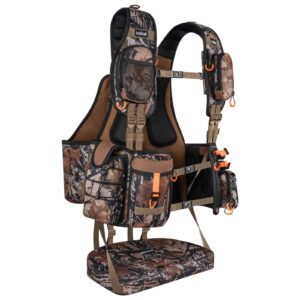
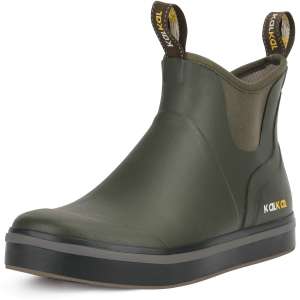
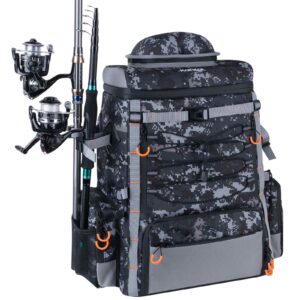
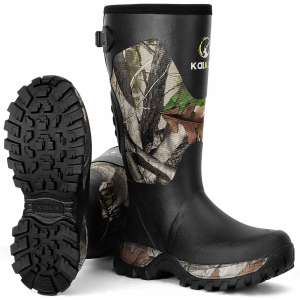
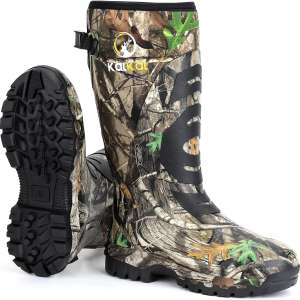

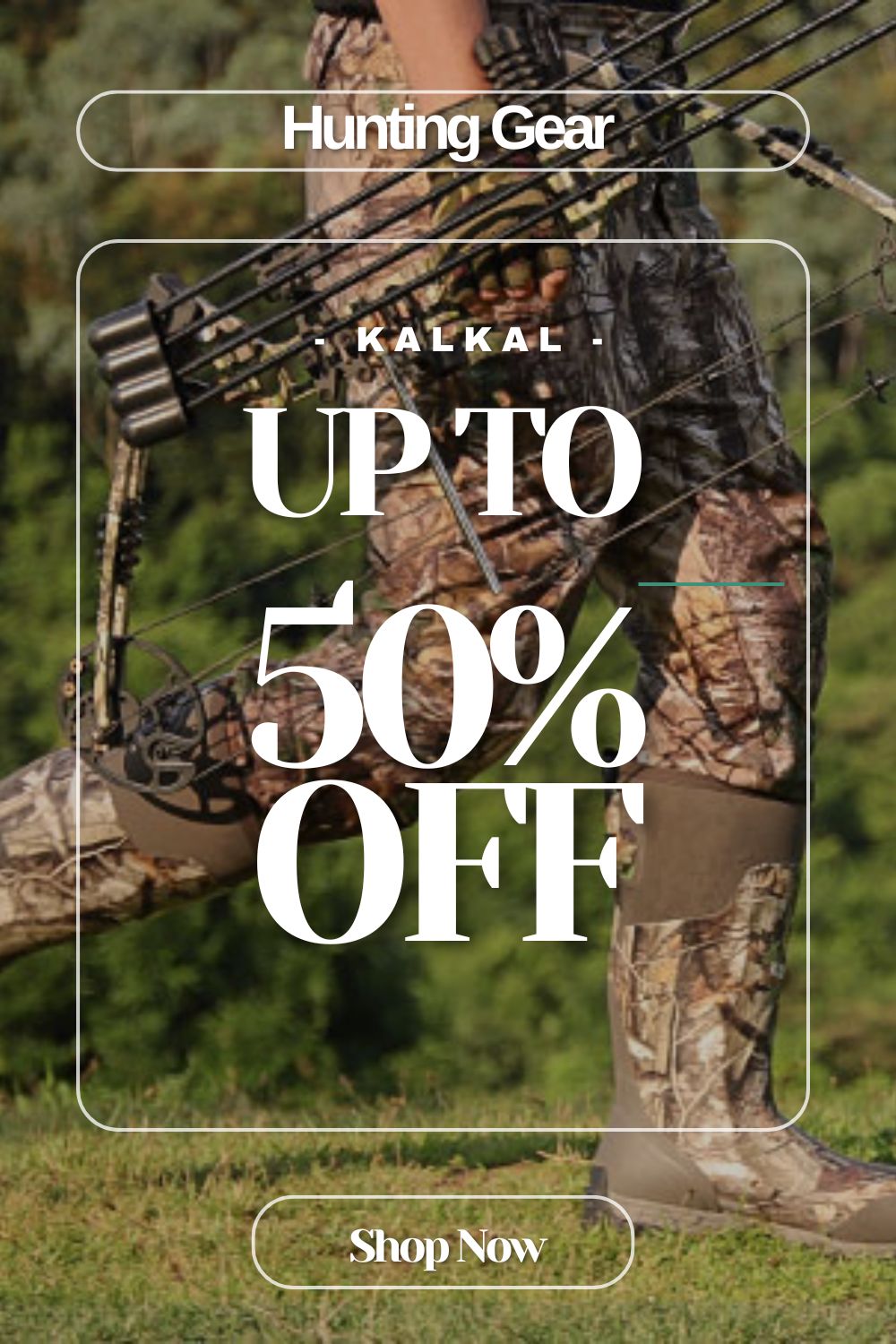

Leave a reply